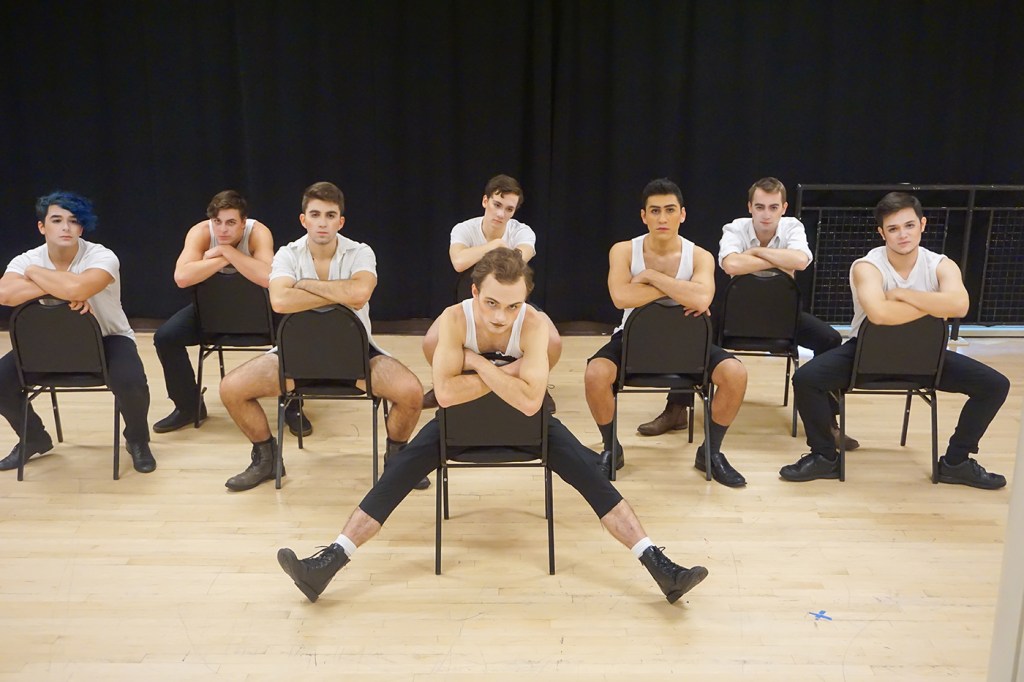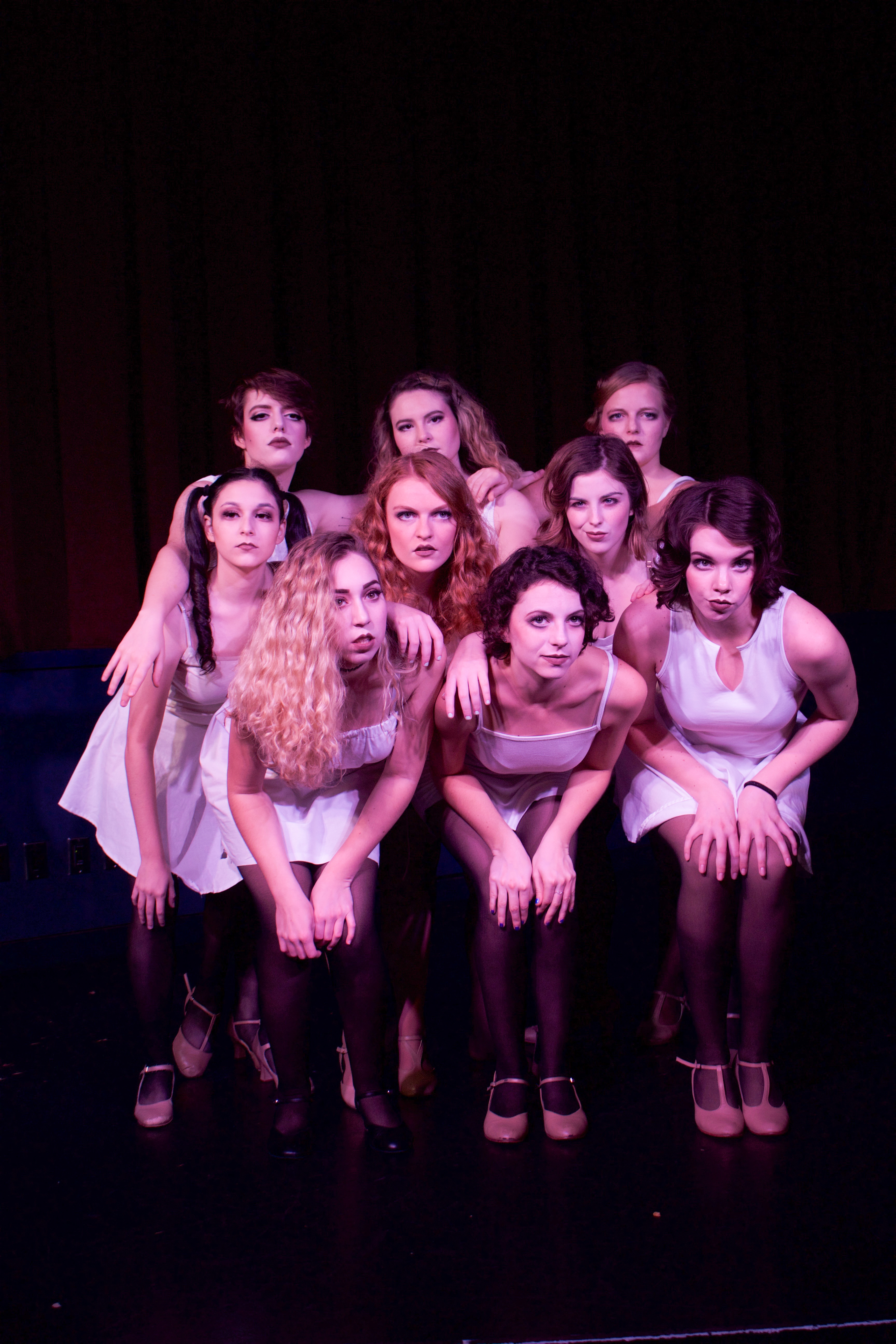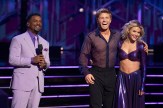Life is a cabaret, old chum. And now you can read the signs about it.

It happened during an off-Broadway production of Phantom of the Opera in Chicago when she was 8 years old.
Laurie Achin, an American Sign Language professor at Northeastern who is deaf, couldn’t hear the music, lyrics, nor dialogue. But with the help of an American Sign Language interpreter in a spotlight on stage-right, she was able to truly witness a musical performance for the first time.
“It was amazing to finally be able to understand the opera,” Achin said. “The depth of characters, the pace of dialogue, the power of the music—I was so moved.”
Without the interpreter, Achin would have split her time trying to read the actors’ lips and decipher their facial expressions. As a result, she’d miss important plot points in the story.
Now Achin is forming a partnership with NUStage, Northeastern’s student-run theater group, to make its upcoming production of Cabaret more accessible to people who are deaf. Four students in the Interpreting Club at Northeastern will sign both performances of the show, which will take place Friday and Saturday in Blackman Auditorium.

Members of the cast of Cabaret. Photo courtesy of Caitlyn Long.
“Access is about opportunity,” said Achin, who runs the club. “It’s like if there were no ramps for people in wheelchairs, then they are completely dismissed from seeing the production. Deaf people need the same opportunities so they can enjoy the arts, too.”
Cabaret, written by playwright Joe Masteroff in 1966, focuses on the nightlife at the seedy Kit Kat Klub in Berlin in 1931 and examines the complex socio-political factors that enabled the Nazis to rise to power. Liza Minnelli won the Academy Award for Best Actress in 1973 for portraying an eccentric cabaret singer from England in the big screen adaptation of the musical.
Benjamin Lebofsky, a third-year international business major who is directing the student production, said that the rise of populist leaders around the world makes the musical especially important to see.
Two American Sign Language students will be interpreting the show directly in front of the stage. Two other students will be in the front row of the audience signaling to the interpreters if they’ve missed any dialogue or ad-libbing by the performers.
“Interpreting a performance means signing at a higher register,” Achin said. “The students will sign in a larger space, making their gestures, body movements, and expressions, more dramatic to match the tone of the musical.”
Lebofsky and Achin say that they are excited to pioneer NUStage’s partnership with the Interpreting Club.
“I’ve always been a proponent of making theater accessible to as many people as possible,” Lebofsky said. “So this is a step in that direction.”
Emily Arntsen contributed reporting to this story.
For media inquiries, please contact media@northeastern.edu.





